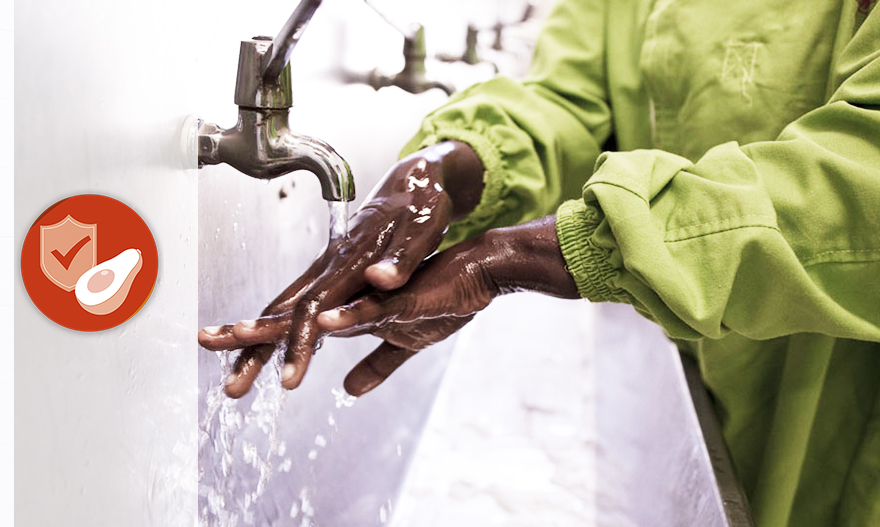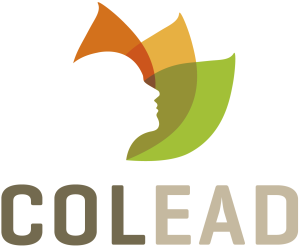
Introduction to Hygiene and food safety
Estimated duration : 30min
The course offers an introduction to the basic principles of hygiene and food safety through various interactive and entertaining activities.

Hygiene and food safety (Intermediate level)
Estimated duration : 5h30
In the introductory part of this course, we will learn that there are two facets of hygiene that must be respected throughout the food chain in order to guarantee product 'quality', i.e., the healthiness (intrinsic characteristics of the product such as taste, texture, or smell) and safety (no harmful effects to the health of the consumer) of foods. The course will outline the general principles of food hygiene given in the recommendations of the Codex Alimentarius (from personnel hygiene to care, cleaning, and waste management). We will learn that these fundamental principles and their implementation, which are not specific to any one production stage, are considered as 'Prerequisite Programs (PRP)', in other words measures that constitute an essential preliminary step in setting up a HACCP approach.
Product 'quality' is very much dependent on storability. We will therefore take a look at the origin and the nature of deteriorations, as well as the role played by the two principal factors, namely temperature and humidity, that affect physiological processes (respiration, transpiration, ethylene production) and thus determine the quality (good or mediocre) of product preservation. Lastly, we will briefly go over various operations (washing, peeling, bleaching, etc.), preparation techniques, or preservation techniques (drying, salting).

Hygiene and food safety (Advanced level)
Estimated duration : 9h30
In the first part of this course we will discuss the type of risks, their terrible consequences, and the numerous factors (such as lack of hygiene and increased presence of biological, physical, or chemical contaminants in food) explaining the steady increase of food poisoning incidents. We will learn that the changes in the concepts of 'quality' and operator responsibility in the area of health and safety allow the operators considerable freedom nowadays. The primary responsibility for ensuring product safety lies with them.
Furthermore, we will also learn that these changes have made it essential to introduce systematic risk assessment into the production process, and that HACCP-based health quality management systems must be set up in conjunction with self-monitoring of practices. In this course we will therefore cover the HACCP approach and its 7 principles and 12 steps in detail. We will conclude with a presentation on three major institutions (FAO, WHO, and OIE) with complementary missions in the area of food safety, and with an overview of the principal regulations relating to hygiene and health and safety, plant health, biocontaminants, and organic production.
- Formateur: Edith KUNIHIRA

